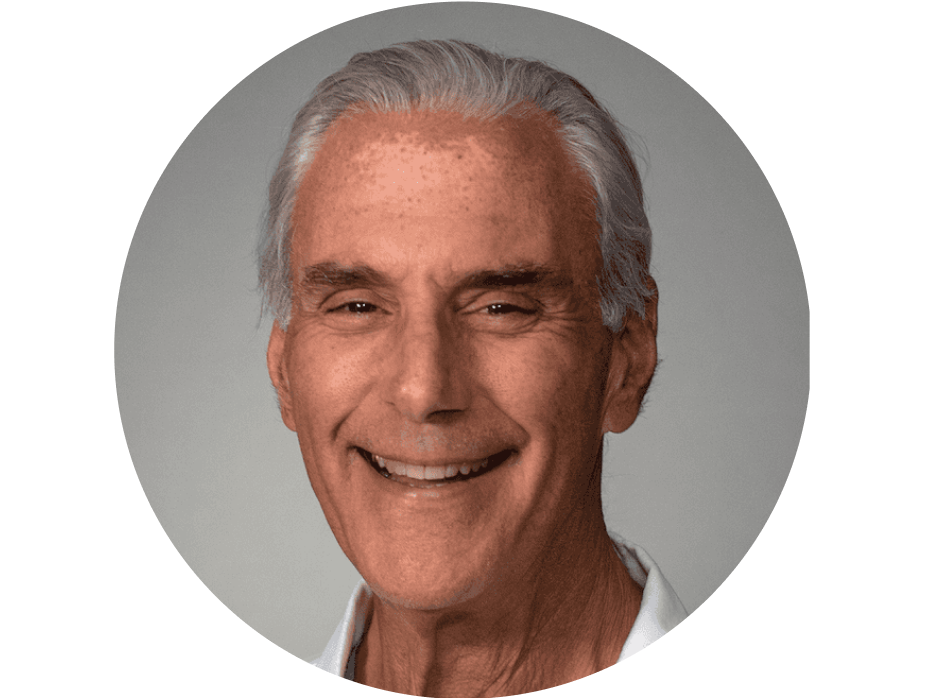A Paradigm Shift: Dr. Mitchel Berger on the Challenges and Rewards of Neuro-Oncology
This post is the second in a series on getting to know the President’s Cancer Panel. Visit the President’s Cancer Panel blog to read interviews with the other Panel members.
Mitchel Berger, M.D., has been a member of the President’s Cancer Panel since 2023. He is also a neurosurgeon, director of the Brain Tumor Center, and principal investigator for the Specialized Program of Research Excellence Brain Tumor Program at the University of California San Francisco (UCSF). He was the chair of the Department of Neurological Surgery at USCF for 23 years and served on the Cancer Moonshot Blue Ribbon Panel in 2016.
Dr. Berger’s research and clinical work focuses on surgical treatments of brain tumors and tumor-associated epilepsy. As someone who loves both working with his hands and solving puzzles, Dr. Berger's path to neurosurgery was a clear one. “I always wanted to go into neuro-oncology,” he says. “I was intrigued by the difficult nature of brain tumors. It was very striking to me that very small lesions can cause a significant amount of morbidity, and vice versa,” as larger lesions may not result in more severe disease.
Most people would consider being a brain surgeon among the most intimidating and complicated of careers. But the structure of the brain always just made sense to Dr. Berger, even more so than other organs and body systems. “As a medical student, I got very into neuroanatomy and circuitry,” he says. “A lot of other things, like cardiac or gastrointestinal physiology, weren’t as easy. So I gravitated toward the brain.”
When Dr. Berger first entered the field, surgical treatments for brain tumors were limited and carried a high amount of risk to the patient. He saw that this was a place where he could make a difference. “I was looking to create a paradigm shift, to see if I could be more aggressive as a surgeon—but safer.” In general, “aggressive” treatment is considered more intense and often carries greater risk to the patient. Dr. Berger’s hope was to retain the benefits of aggressive surgery while reducing the danger for his patients. Looking across the surgical landscape in the early 1980s, Dr. Berger saw the potential of a technique called “brain mapping” that was used to treat epilepsy. The goal of brain mapping is to identify which areas of each patient’s brain are associated with important functions like language, sensory, and motor skills, in order to protect these regions during surgery.
Dr. Berger and his colleagues not only adapted brain mapping for cancer treatment but also pioneered new techniques, including a form of brain surgery in which the patient is awake for part of the procedure. This is possible because the brain itself has no pain receptors. In awake brain surgery, also called awake craniotomy, patients assist their surgeon by doing simple tasks, like counting or reading, to show which parts of the brain are activated. Dr. Berger and his colleagues can then remove as much of the tumor as possible while preserving essential brain functions, paving the way for more successful chemotherapy.
The most important part of the process, Dr. Berger says, is to set the patient at ease before and during surgery. “I assure them that they’re going to be safe, and that they’re going to help me. If you prepare them adequately enough, they do really well. I’ve never had anybody say, ‘Stop.’ People are very tolerant of it because they know it’s helping them.”
Neurosurgery and cancer treatment in general remain incredibly challenging, but Dr. Berger is proud of his work moving things forward. “The innovation, from my view, has been creating safer avenues to reduce disease without causing severe morbidity,” he says. The shifts he has seen so far give him great hope for the future of cancer treatment. Since his career began, “We’ve seen a three-fold increase in survival for malignant gliomas, better outcomes, increased quality of life, and more aggressive radiation therapies, which are now much safer. The whole course of treatment has changed.”
